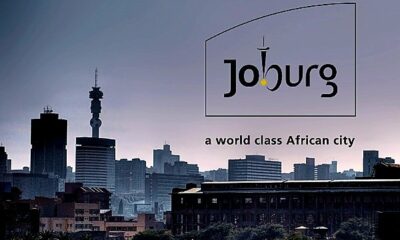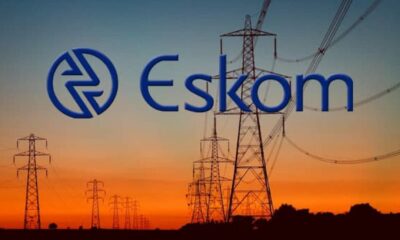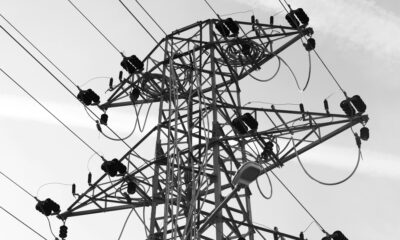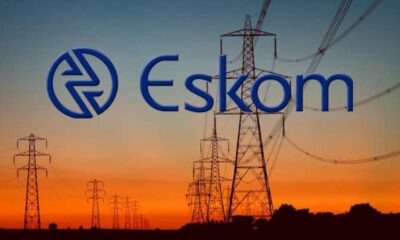News
Koeberg Nuclear Unit 2 Receives 20-Year Licence Extension Amid Safety Concerns
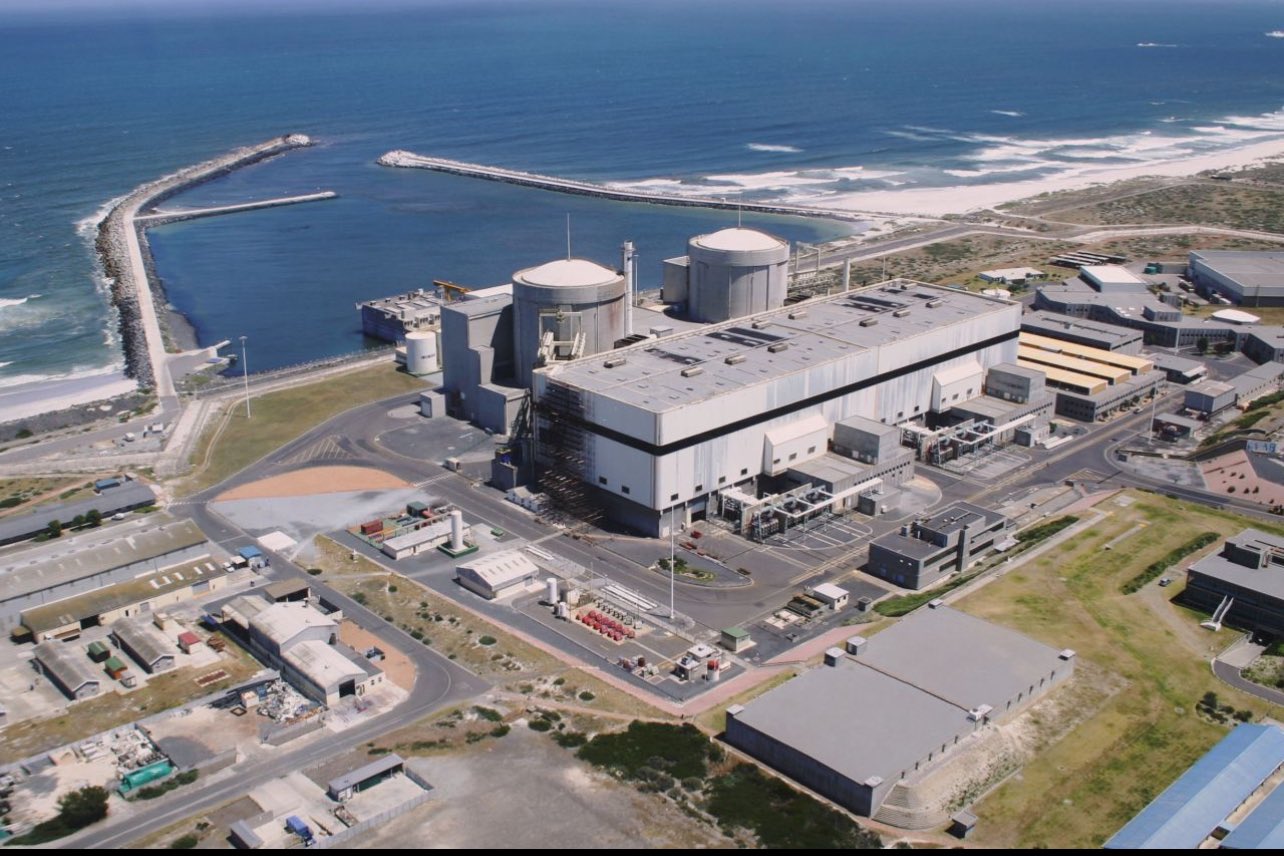
Koeberg Unit 2 Approved for 20 More Years of Operation
South Africa’s only nuclear power station has once again made headlines. On Thursday, Eskom announced that the National Nuclear Regulator (NNR) approved a 20-year licence extension for Koeberg Nuclear Power Station’s Unit 2, allowing it to operate until November 9, 2045.
The decision follows Eskom’s long-term operation (LTO) application, which included extensive safety assessments, technical reviews, and infrastructure upgrades. Unit 2 currently contributes 946 MW to the national grid and has been lauded for its 241 consecutive days at 100% Energy Availability Factor (EAF) this year.
Eskom Chief Nuclear Officer Velaphi Ntuli highlighted the station’s reliability and the expertise of South Africa’s nuclear workforce:
“The rigorous safety assessments and regulatory requirements Eskom had to meet demonstrate the depth and pipeline of nuclear engineering talent available in South Africa that delivers high-quality jobs.”
Unit 2 now joins Unit 1, which received a similar long-term licence in July 2024, extending its operational life to 2044. Together, they are part of a select global group of over 120 nuclear reactors operating safely beyond their original 40-year design life.
Environmental Groups Sound the Alarm
Despite Eskom’s assurances, the licence extension has drawn sharp criticism from the Southern African Faith Communities’ Environment Institute (SAFCEI). Executive Director Francesca de Gasparis labelled the decision a “deep failure of regulatory oversight.”
“Koeberg was behind on critical safety requirements – from incomplete containment structure tests to the absence of an updated emergency plan for Cape Town. The NNR has effectively approved the continued operation of South Africa’s most hazardous energy facility without proof that it is safe for another 20 years,” she said.
SAFCEI also claimed that Eskom relied on assumptions and outdated data from Unit 1 to fill gaps in Unit 2’s safety documentation, rather than verified, reactor-specific evidence.
“By its own admission, Eskom does not have all required up-to-date or verifiable data on Unit 2’s condition. To make a 20-year decision on that basis is perilous,” SAFCEI stated.
The group is currently reviewing the NNR decision and may file an appeal under the NNR Act.
A Divided Public
Social media reactions have mirrored the debate. Many South Africans praised Koeberg’s reliability and contribution to the national grid, especially amid ongoing energy shortages. Others expressed concern over potential risks to Cape Town’s population and questioned whether regulatory oversight had been adequate.
“We rely on Koeberg for stable electricity, but how safe is it if regulators are approving licences based on assumptions?” one Twitter user asked.
Another commented: “Nuclear power is vital, but SAFCEI raises valid points – we need transparency and real data, not just corporate assurances.”
Balancing Energy Security and Safety
The Koeberg licence extension underscores a tension between energy security and safety concerns. Eskom emphasises Unit 2’s technical reliability and the need to support South Africa’s electricity grid. Critics insist that long-term nuclear operation cannot proceed without verifiable safety assurances and a robust emergency framework.
For now, Unit 2 will continue generating power, while the regulatory debate intensifies, leaving South Africans questioning whether safety has been sacrificed in the race to secure energy supply.
{Source: IOL}
Follow Joburg ETC on Facebook, Twitter , TikTok and Instagram
For more News in Johannesburg, visit joburgetc.com



